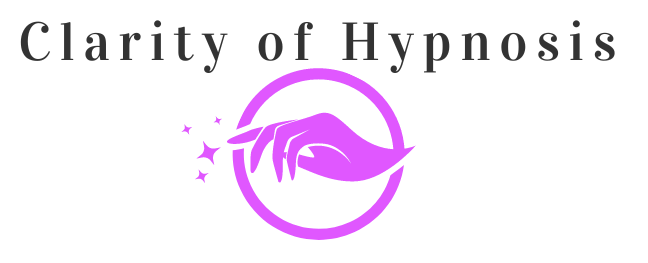Reiki Therapy for Chesapeake, VA
What is it and how can we help you with it?

Reiki therapy is a form of alternative healing that originated in Japan in the early 20th century. The term “Reiki” translates roughly to “universal life energy,” and the practice focuses on channeling this energy to promote physical, emotional, and spiritual well-being. Reiki sessions typically involve a practitioner using their hands, either lightly touching or hovering just above the client’s body, to help direct energy to areas in need of healing or balance.
The core idea behind Reiki is that energy flows through the body, and when that flow is disrupted—due to stress, injury, or emotional distress—it can contribute to physical or mental discomfort. By restoring a smooth, balanced energy flow, Reiki aims to help the body’s natural ability to heal itself. Proponents claim it can reduce stress, alleviate pain, and encourage relaxation, often resulting in an improved sense of overall well-being.
Reiki is considered a complementary therapy rather than a standalone medical treatment. It’s often used alongside conventional medicine to support the healing process. While there is ongoing debate about how or why it works, many individuals report feeling calm, centered, and more at peace after a session. It’s also non-invasive, generally safe, and suitable for people of all ages.
A typical Reiki session offers numerous benefits and is conducted in a quiet, comfortable setting where the recipient may lie on a massage table or sit in a chair. The practitioner places their hands on or near the recipient's body in a series of positions, starting from the head and moving down to the feet, with each position held for a few minutes.
Recipients often report sensations of warmth, tingling, or deep relaxation during the session. Some may also experience emotional release or a profound sense of peace and well-being. The benefits of Reiki are extensive: it can induce deep relaxation and help reduce stress and anxiety, provide relief from chronic pain and discomfort, support emotional healing by offering a sense of calm and emotional clarity, and enhance the body's natural healing processes, thereby improving overall health and well-being.
What are the benefits of Reiki Healing?
Reiki therapy can offer a wide range of benefits, often related to stress reduction, relaxation, and emotional healing. Many people turn to Reiki to find relief from chronic stress, improve their overall mood, or gain a sense of emotional clarity. Some report feeling more grounded and centered after sessions, while others experience reduced physical discomfort, improved sleep, or enhanced mental focus. While Reiki isn’t intended to replace medical treatments, it can be a valuable complement—helping individuals manage the emotional and physical challenges that come with various health conditions.
Reiki is also frequently described as a way to promote spiritual growth. Although it’s not tied to a specific religion, the practice encourages mindfulness and self-awareness, which can help people reconnect with their inner selves, cultivate positivity, and maintain a sense of balance in their daily lives.

Reach out and
give us a call so we can set up a nice relaxing meeting with our Expert Reiki Practitioner!
What have our clients told us about their experience with our Reiki Healing Sessions?
"I was skeptical at first, but now I’m a believer. The pain in my back has eased significantly."
"I feel so much lighter and more at peace than I have in a long time."
"The tingling sensation was strange but very comforting. I feel so relaxed."
"I feel rejuvenated, like I’ve just woken up from the best nap ever."
"I’ve never felt such a deep sense of inner peace."
